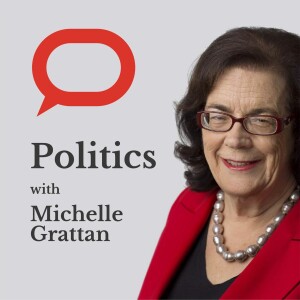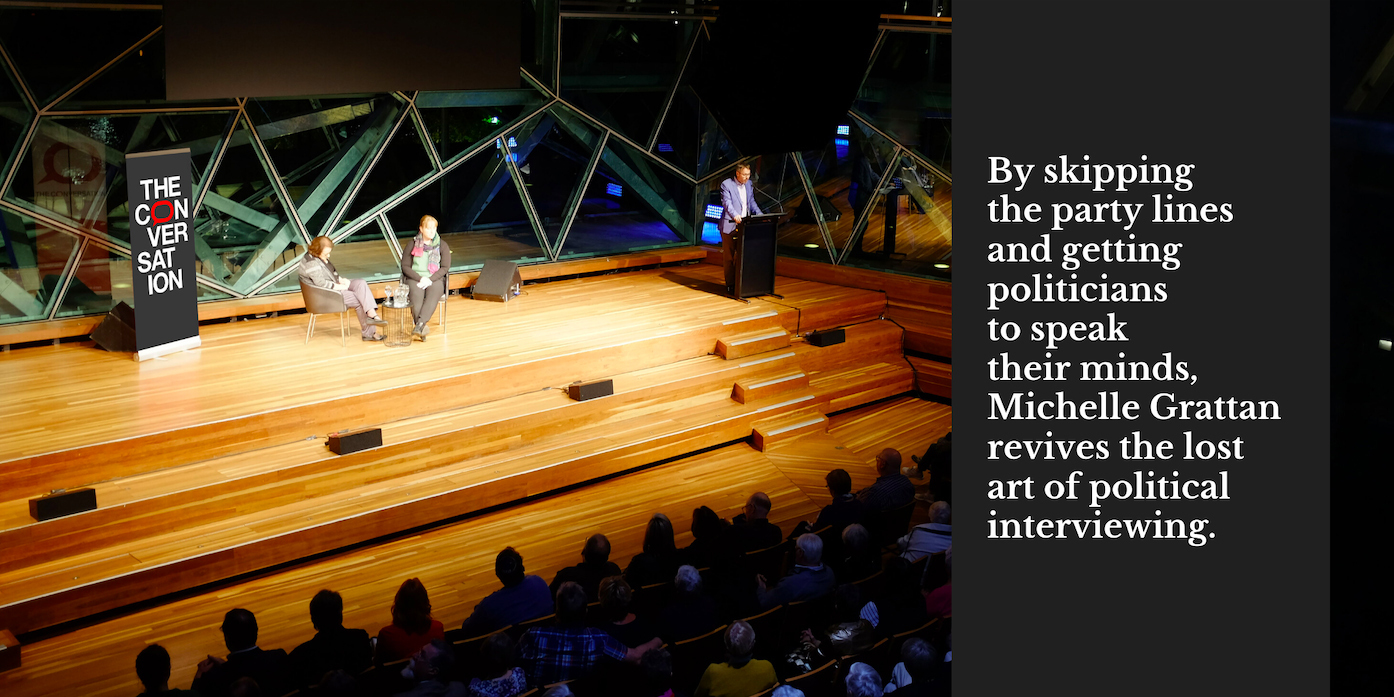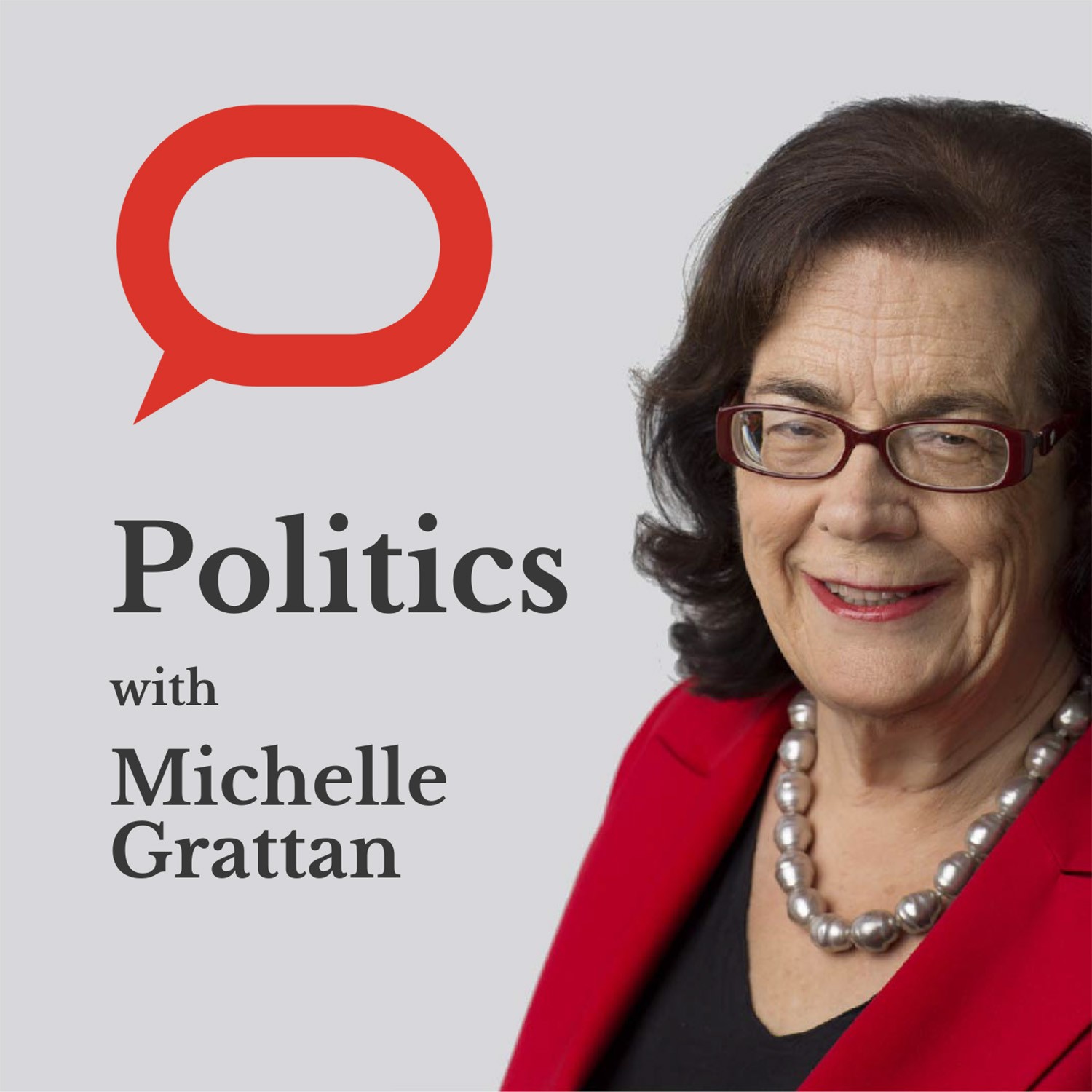Episodes

Friday Aug 23, 2024
Friday Aug 23, 2024
We're joined on the podcast by former Australian ambassador to Washington, Joe Hockey, who's been attending the Democratic National Convention in Chicago.

Monday Aug 19, 2024
Monday Aug 19, 2024
Joining the podcast is Independent member for Clark, Andrew Wilkie. Wilkie has advocated for gambling reform during his entire political career.

Thursday Aug 08, 2024
Thursday Aug 08, 2024
Pat Turner is lead convener of the Coalition of Peaks and CEO of the National Aboriginal Community Controlled Health Organisation (NACCHO), and she joins the podcast.

Thursday Jul 25, 2024
Thursday Jul 25, 2024
To discuss the fast-changing US election and Kamala Harris moving to the top of the ticket we're joined by Lester Munson, a fellow with the United States Studies Centre.

Thursday Jul 18, 2024
Thursday Jul 18, 2024
Hear the former Australian ambassador's observations of 'a very different' Donald Trump at this week's Republican convention, and his predictions for Joe Biden's successor and AUKUS's future.

Wednesday Jul 10, 2024
Wednesday Jul 10, 2024
The now-independent senator joined the podcast to discuss her decision, the challenges of regrouping as a crossbencher, and the impact of the Muslim vote.

Wednesday Jun 26, 2024
Wednesday Jun 26, 2024
Minister for Climate Change and Energy Chris Bowen joins the podcast to discuss the ongoing costs of the energy transition and Peter Dutton's nuclear plan.

Thursday Jun 20, 2024
Thursday Jun 20, 2024
Peter Malinauskas joined the podcast to talk about AUKUS, bans on children under 14 accessing social media, restricting most political donations and Peter Duttons Nuclear announcement.

Thursday Jun 06, 2024
Thursday Jun 06, 2024
Clive Hamilton, who is Professor of Public Ethics at Charles Sturt University, joined us to talk about what Australia can do to not only survive a hotter world.

Wednesday May 29, 2024
Wednesday May 29, 2024
Andrew Norton, professor in the practice of higher education policy at the ANU, joined the podcast to dissect the governments new policy to cap international student intake.

